KU film thesis: Where the new wave begins
The future of Pakistani cinema lays in the hands of those who refuse to make excuses for substandard filmmaking.
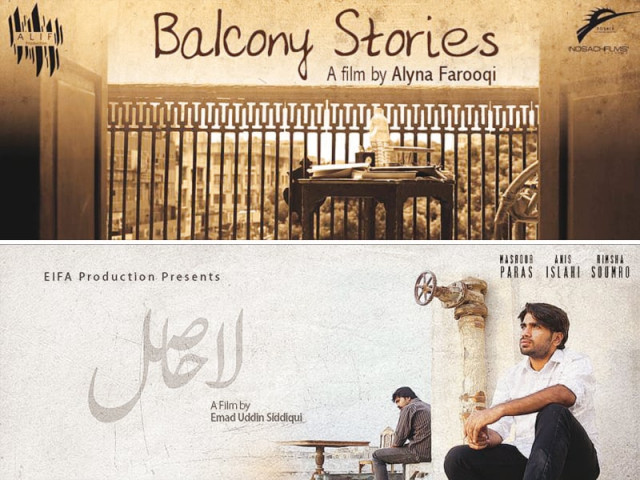
The influx of Pakistani films has not only made exhibitors hopeful about the prospects of local films at the box office but has also motivated the ‘aspiring filmmaker’. By aspiring, we certainly do not mean the well-known ad filmmakers and music video directors, who have been ‘working on scripts’ for almost a decade now.
The ‘aspiring filmmaker’ is one who strives for pursuing an education at a media studies school with the hope to make feature films. With the handful of private institutions offering expensive yet quality filmmaking programmes, the public sector and its ability to churn out model filmmakers is often overlooked.
The recent thesis film display of Karachi University’s (KU) Visual Studies department is testament to how the future of Pakistani cinema lays in the hands of those, who refuse to make the limited facilities offered to them — an excuse for substandard filmmaking. The thesis display at KU was easily the best any institution has showcased so far.
Interestingly, only a handful of these aspiring filmmakers had exposure to Hollywood classics before they joined KU. Yet, the sense of completeness in most of their films reflects how a little polishing and guidance can help one create a solid thriller even if one has grown up watching Shah Rukh Khan’s melodramas.
A total of 17 films of 15 minutes to 45 minutes duration were screened at the showcase, with dark comedy and thriller being the most common genres. The most unique thing about the thesis display was the strong sense of cultural and societal awareness in the films, something missing in theses presentations at many private universities. Here are some of the thesis display highlights:
Zakhmi Foundation
This was the finest film of all. Zakhmi Foundation by Basit Mahmood is a hilarious thriller, which revolves around two ambulance workers, who pick up unattended casualties from the road and sell their organs. The film leaves the audience member in stitches, with the duo facing everyday problems, such as “Ghar main paani ki motor kharaab hogayi hai.”
Mahmood, who lives with his family in Ancholi, didn’t get the chance to watch films until he came to KU. “There was no concept of a VCR in our house because films were looked down upon,” says Mahmood. “The reason why I ended up in the Visual Studies department is because I wasn’t getting admission elsewhere,” he admits. More than watching films, it was his exposure to masters of Urdu Literature, such as Manto and Kishan Chandar, which helped him understand the craft of storytelling. “I even bought Anna Karenina, per mere sar ke oopar se guzar gayi,” he comments. “Why should I read or write something that I cannot relate with?”
Faasla Rakhein
Faasla Rakhein by Anas M Khan was another masterpiece. Its biggest achievement is that it manages to close the multiple narratives it opens, which is a task and a half to achieve in a 40-minute-long film, that, too, as a student. It focuses on the organising of a well-known politician’s jalsa that it interweaves with the love story of a police officer and the split personality disorder of a young boy.
“It’s funny how we have become zombies,” says Anas. “I remember how two of my friends who worked for a political party went missing. They are still missing but I got over it in 10 days. This numbness, among other things, led to Faasla Rakhein.”
Naina De Akhay
The film was out of this world. It’s about a farmer who didn’t like his boss because one of his eyes was made of stone. Every night, he plans to kill the boss in his sleep so that he doesn’t have to look into that eye. And all this happens with a narration in Punjabi juxtaposed with the famous qawwali Naina De Aakhay.
“I read a lot of Ashfaque Ahmed and Bano Qudsia before coming to university, but then I also watched a lot of Tarantino films. So, the final product turned out to be something random,” shares Waleed Sohail, the director of the film.
Other films include:
Promise by Abdullah Saad
Red is the New Pink by Akber Hussain
Balcony Stories Alyna Farooqi
The Idiot Box Arbab Hussain
Shehsawar by Anis Ahmed
Zakhmi Foundation by Basit Masood
Nami Danum by Umer Qazi
Baazgasht by Raza Abbas
Tanhaai by Junaid Afzal
The Notion by Imran Haider
Bogie 21 by Aleem Zahid Khan
Vichhoro by Narendar Khatri
La Haasil by Emad Uddin Siddiqui
The Gameplay (3D) by Fahad Khan
Shehnsha by Ziad Azad
For all the producers out there, here are some quality filmmakers up for grabs.
Published in The Express Tribune, January 13th, 2015.
Like Life & Style on Facebook, follow @ETLifeandStyle on Twitter for the latest in fashion, gossip and entertainment.


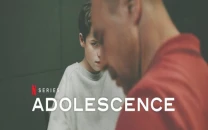
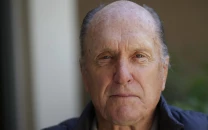
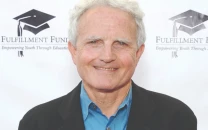

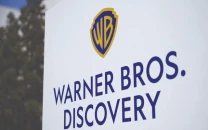












COMMENTS
Comments are moderated and generally will be posted if they are on-topic and not abusive.
For more information, please see our Comments FAQ